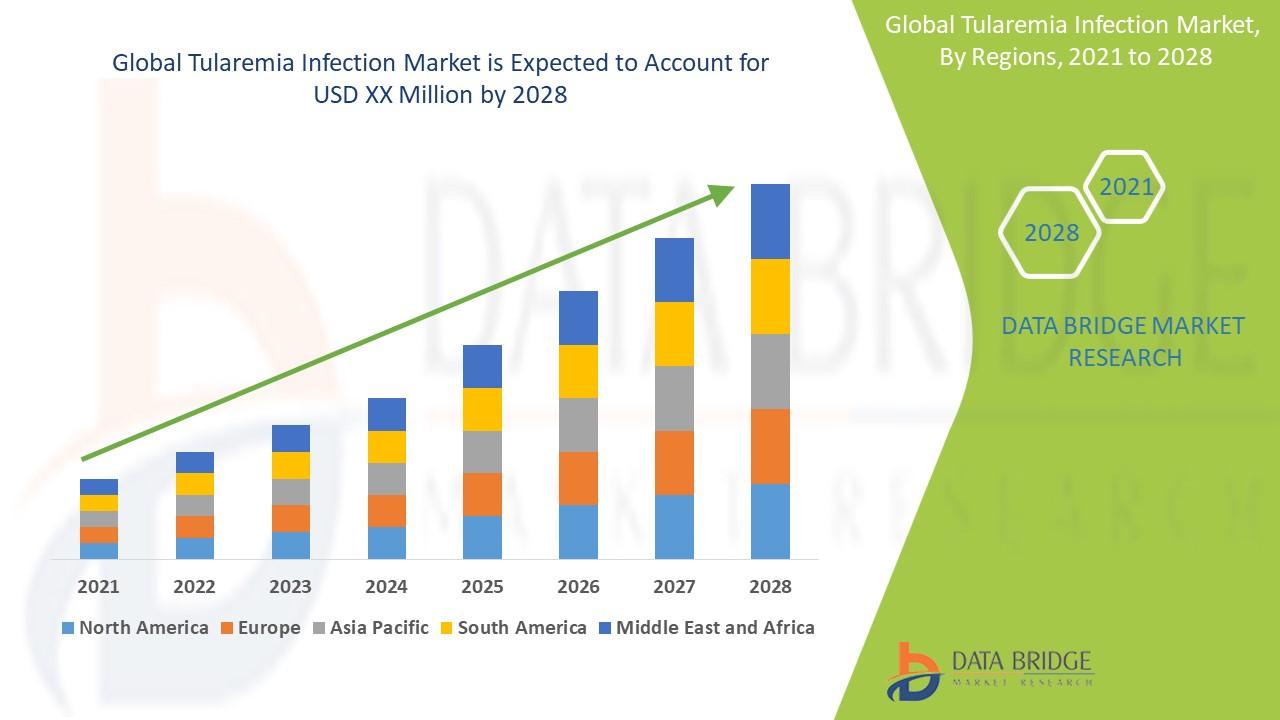How Open Source Solutions Are Transforming Businesses in 2025

The business world in 2025 looks very different from a decade ago. Digital tools, data-driven decisions, and global collaboration define modern success. At the heart of this change lies the rise of open source solutions. Once seen as alternatives, these solutions have now become the backbone of innovation and growth.
Organizations across industries are embracing open source to cut costs, improve flexibility, and gain access to global talent. The trend is not just about technology—it is about shaping smarter, faster, and more connected businesses.
The Growing Popularity of Open Source
Why Companies Choose Open Source
Businesses are drawn to open source because of its cost-effectiveness. Traditional software often comes with high licensing fees, while open source allows companies to use, adapt, and scale solutions freely. This opens doors for startups and small businesses that want powerful tools without massive investments.
In addition, the flexibility of an open source solution is unmatched. Companies can customize it to meet unique needs, unlike rigid proprietary systems. This ability to adapt quickly is critical in 2025, where market demands shift faster than ever.
The Global Community Advantage
Another key factor is the community-driven model. Thousands of developers worldwide contribute to improving open source projects. This collaboration ensures rapid updates, strong security patches, and innovative features. Businesses benefit from a solution that is always evolving and future-ready.
Driving Innovation Across Industries
Technology and Software Development
In software development, open source is leading the way. Frameworks, libraries, and platforms built on open collaboration are powering apps, websites, and AI systems. Companies now rely on these tools to accelerate development cycles and reduce costs.
For instance, cloud-native platforms built on open source provide the flexibility needed to manage complex infrastructures. Businesses no longer feel locked into a single vendor. Instead, they can adapt and scale as their needs grow.
Beyond Tech: Real-World Applications
The impact of open source is not limited to tech. Industries such as healthcare, finance, and logistics use open source solutions to enhance efficiency. From medical record systems to blockchain-based transactions, open collaboration fuels new possibilities. In 2025, businesses that embrace this model are finding it easier to innovate and stay competitive.
Enhancing Security and Trust
Transparency Builds Confidence
One of the greatest strengths of open source lies in transparency. Unlike proprietary systems, where the source code remains hidden, open source allows businesses to see and verify the code. This transparency reduces risks and builds trust in the software.
When organizations adopt an open source solution, they gain the ability to audit security themselves. This is particularly important in sectors like finance and healthcare, where data protection is non-negotiable.
Faster Security Responses
Because of the global community, vulnerabilities are identified and fixed faster. Developers worldwide work together to patch issues before they become serious threats. This collaborative effort ensures that businesses stay protected in an increasingly digital environment.
Cost Savings and Scalability
Cutting Licensing Costs
Cost efficiency remains one of the strongest reasons businesses turn to open source. Instead of spending heavily on licenses, companies redirect resources toward innovation, customer service, and growth.
For startups and SMEs, this can be a game-changer. By using open source solutions, they can access enterprise-level technology without the financial burden of traditional software.
Scaling Without Barriers
Scalability is another major advantage. Businesses can start small and grow their systems as needed without worrying about additional licensing fees. In 2025, this flexibility is essential, as companies must be ready to scale operations rapidly in response to global opportunities.
Open Source in Digital Transformation
Enabling Agility
Digital transformation has become a necessity, not a choice. Open source empowers organizations to adapt quickly. Whether it is shifting to remote work, automating workflows, or adopting AI, open source provides the tools needed for rapid change.
Companies that rely on open source solutions are finding it easier to integrate new technologies. This agility allows them to stay competitive in fast-changing markets.
Supporting Sustainability Goals
Open source also contributes to sustainability. Shared development reduces duplication of efforts, leading to more energy-efficient and resource-friendly systems. As businesses in 2025 focus on environmental responsibility, open source plays a key role in creating sustainable solutions.
Challenges Businesses Must Address
Skill Gaps in Workforce
Despite its benefits, open source comes with challenges. One major issue is the need for skilled talent. Businesses must invest in training employees to manage and customize open source systems effectively. Without proper expertise, companies may struggle to unlock the full potential of these tools.
Managing Complexity
Open source offers endless flexibility, but this can also create complexity. With so many options available, businesses need clear strategies to avoid inefficiencies. Partnering with experts or hiring experienced professionals can help organizations navigate this challenge.
The Future of Open Source in Business
Mainstream Adoption
In 2025, open source is no longer a niche option—it is mainstream. Businesses of all sizes, from startups to multinationals, depend on it for core operations. The ecosystem will continue to grow as more industries realize the benefits.
Powering Innovation Ahead
Looking ahead, open source solutions will play an even greater role in powering artificial intelligence, blockchain, and cloud computing. By embracing collaboration and transparency, businesses will continue to innovate and thrive in the digital era.
Conclusion
Open source has moved from being an alternative to being the foundation of modern business. It offers cost savings, flexibility, transparency, and innovation. From boosting security to enabling digital transformation, open source is transforming industries across the globe.
In 2025, companies that invest in open source solutions position themselves for long-term success. They gain agility, trust, and a competitive edge in an increasingly connected world. The future of business is open, collaborative, and limitless.







